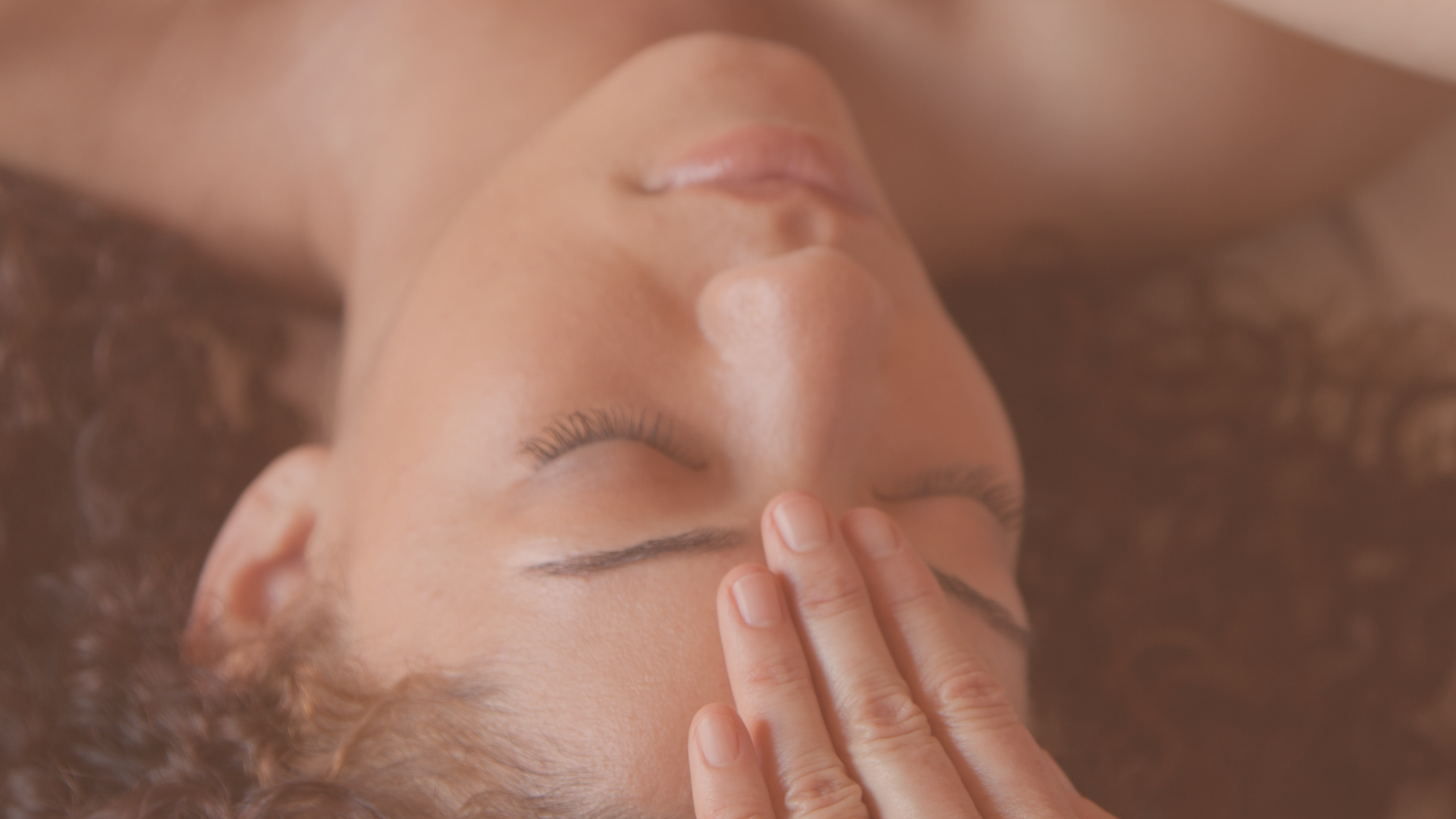What Is Reiki?
An acupuncturist, who is familiar with both acupuncture and Reiki, might explain Reiki in a way that integrates concepts from both practices. Here's a potential explanation:
"Reiki is a complementary healing practice rooted in Japanese traditions that shares some common principles with acupuncture. In acupuncture, we work with the flow of Qi, or vital energy, along meridians to restore balance and promote well-being. Similarly, Reiki practitioners believe in a universal life force energy that can be channeled to support the body's natural healing processes.
In acupuncture, we use fine needles to stimulate specific points on the body associated with the flow of Qi. Reiki, on the other hand, involves the gentle laying on of hands or a hands-off approach to transmit healing energy. The intention in both practices is to harmonize the body's energy and address imbalances.
Just as we consider acupuncture points and meridians, Reiki focuses on energy centers or chakras. These energy centers are believed to play a crucial role in our overall health, and Reiki practitioners aim to balance and clear these centers to enhance the flow of energy.
What sets Reiki apart is its emphasis on universal energy and mindfulness. While acupuncture works within the framework of traditional Chinese medicine, Reiki draws on Japanese spiritual philosophy. Reiki practitioners often incorporate intention and positive energy, creating a calm and healing environment.
Both acupuncture and Reiki share a holistic perspective, viewing the body, mind, and spirit as interconnected. While acupuncture involves the physical insertion of needles to influence Qi, Reiki works more on an energetic level, promoting relaxation and supporting the body's innate healing abilities.
In summary, Reiki can be seen as a complementary approach that aligns with the principles of energy balance and holistic well-being, much like acupuncture. Each modality has its unique methods, but both share a common goal of facilitating the body's natural healing processes."

